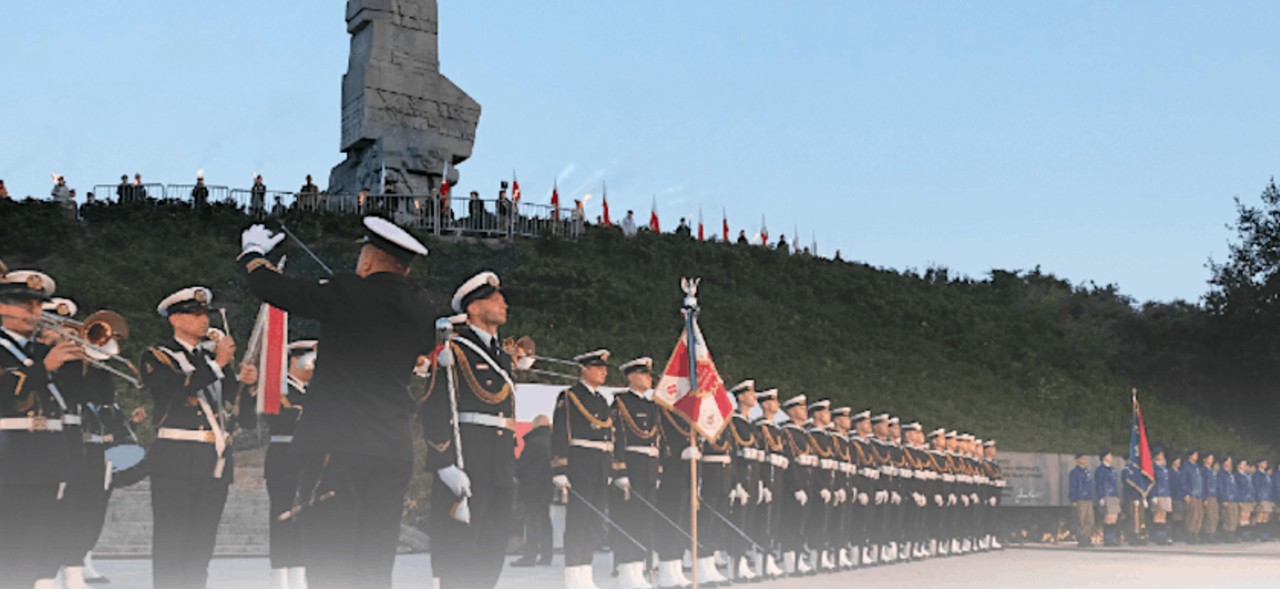How has the Second World War been commemorated globally since 1991? How has public perception of and participation in commemorative activity and consumption changed? What strategies have been used to mobilise new technologies and navigate geo-political challenges? What controversies were triggered, narratives adjusted, new formats developed, or new media utilised? These questions, among others, will be discussed at this two day conference organised by the Institute for the Public Understanding of the Past, University of York, and the Chair of Modern and Contemporary History, University of Bonn.
While the end of the Cold War in December 1991 arguably heralded the start of a new global epoch, the continuance of the ‘memory boom’ testifies to the fact that this did not include letting go of the past. Into the 21st century, our pasts are still of significant public importance, both individually and collectively, and the World Wars have proved to hold particular interest. Take for example the box office success of movies like ‘1917’ or ‘Operation Mincemeat’ and continuing acts of remembrance across the UK, Europe and the Commonwealth, which ensure that the horrors and huge losses of life during war are not forgotten. The new millennium saw the establishment of a UN-wide commemorative day and the construction of several new monuments, including the 2005 inauguration of the Holocaust Memorial in Berlin and the ongoing controversy around the construction of a UK Holocaust Memorial in London.
Nearly 80 years after the end of the Second World War, commemorative events, initiatives, customs and places have not lost (or have regained) their role in the shaping of national identities in Europe. However, over the last 30 years transformation processes have arisen that altered the way commemoration is performed, perceived and participated in. The digital revolution, the declining voice of contemporary witnesses and the increasing temporal and personal distance of younger generations to the commemorated past have led commemorative practices to evolve. Additionally, current political controversies (e.g. Brexit, 2015 European migrant crisis, climate change, Covid-19) as well as new conflicts (e.g. Iraq, Afghanistan, Syria, Ukraine) have influenced the public image of past wars and war crimes.
The programme can be found via this link.
In-person free tickets can be booked for Day 1 or Day 2 of the conference, or for both days.
An optional guided visit to the Yorkshire Air Museum, 2pm-4pm on Wednesday 19th July, can also be booked via Eventbrite. There will be a £5 charge for this on the day.
Online attendees should book an online ticket only.
For booking questions, please contact James Krull, krull@uni-bonn.de
The Ron Cooke Hub - University of York 133 Deramore Lane York YO10 5GE United Kingdom
Organiser: IPUP and the University of Bonn
